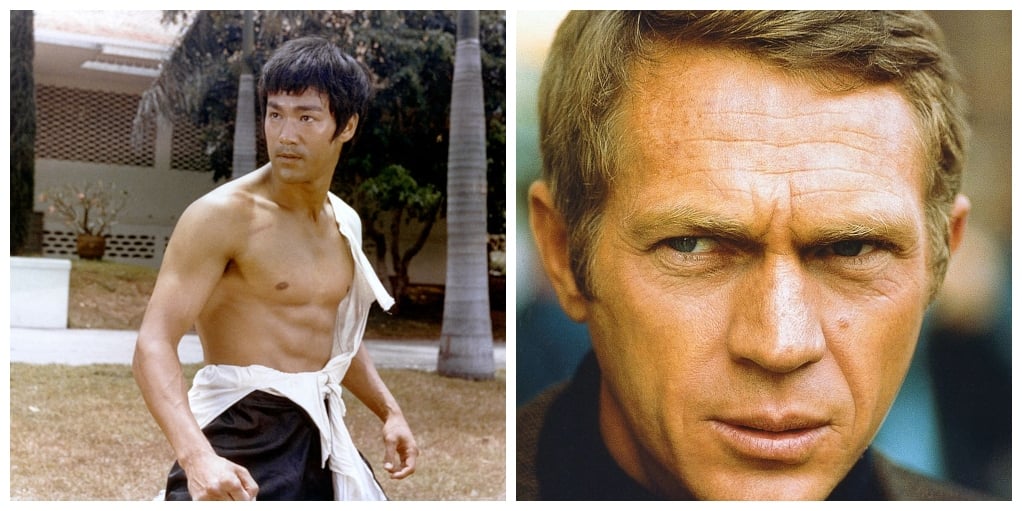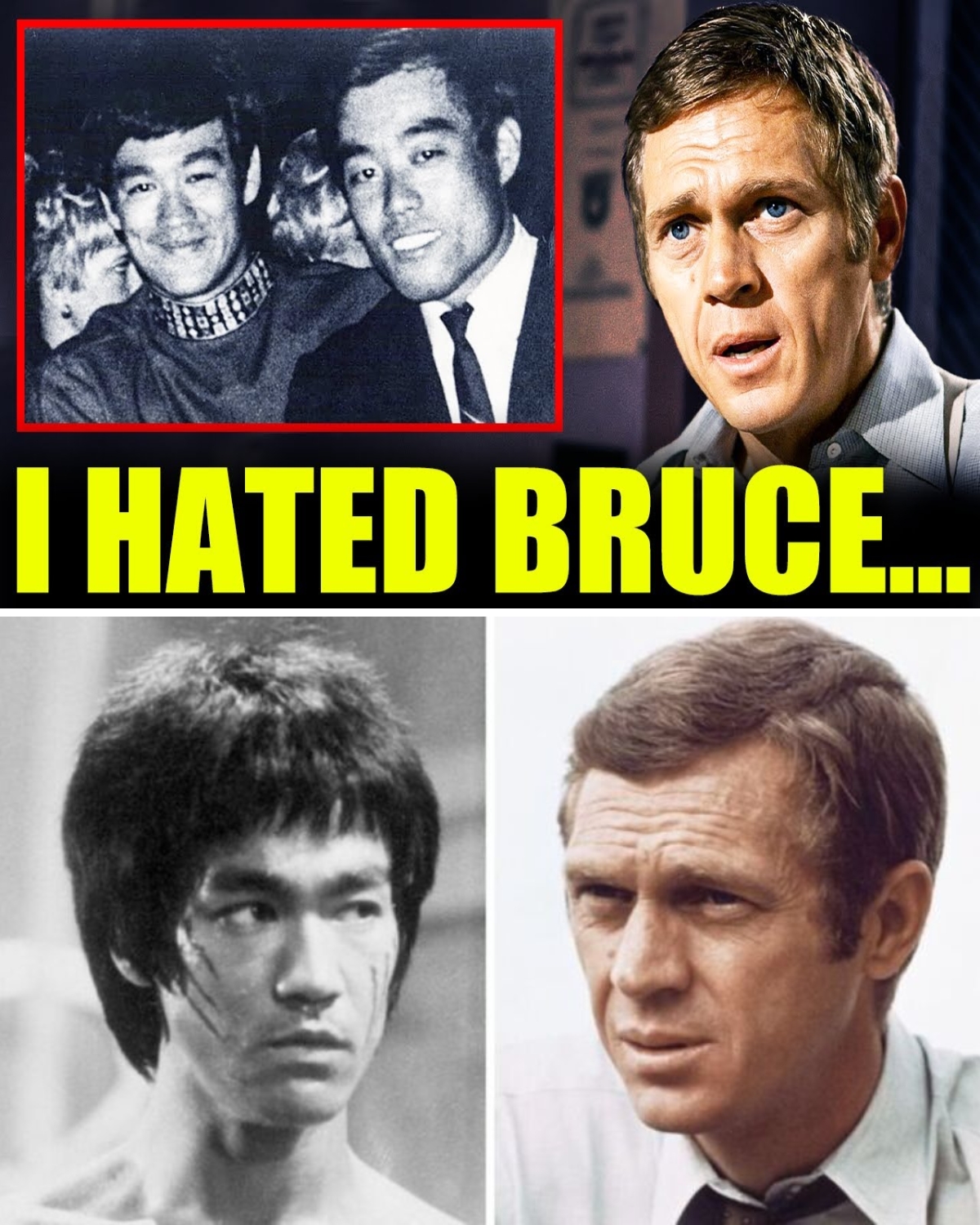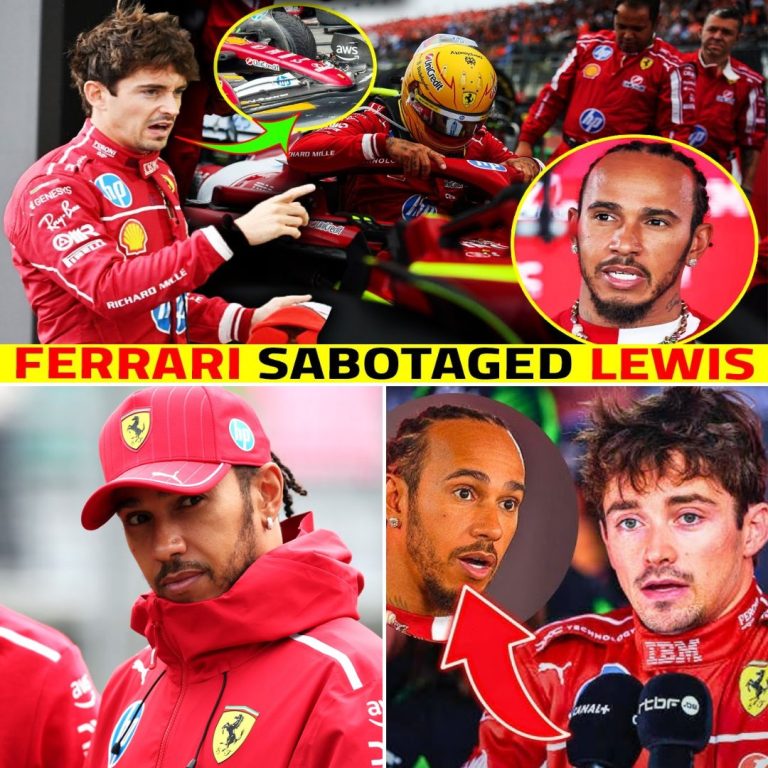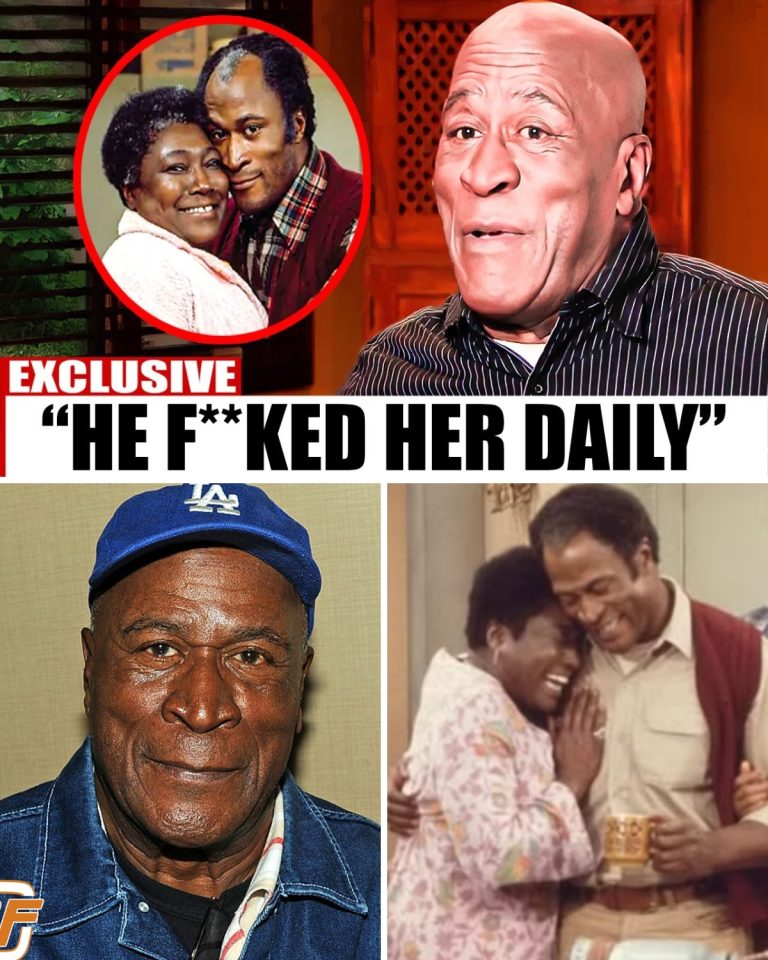In a shocking revelation that has sent ripples through Hollywood, the enduring question of why Steve McQueen refused to work with Bruce Lee has resurfaced, igniting debates among fans and film historians alike. Despite their close bond as friends and training partners, McQueen’s abrupt dismissal of Lee’s collaboration request remains one of the most haunting moments in cinematic history.

In the late 1960s, McQueen, the King of Cool, and Lee, the rising martial arts icon, forged a brotherhood built on mutual respect and admiration. They trained together, sparred under the California sun, and shared dreams of breaking barriers in Hollywood. Their camaraderie, however, was always shadowed by the fierce egos that defined them. As Lee’s star began to rise, so did the tension between the two alphas, each vying for dominance in an industry that had room for only one king.
By the early 1970s, Lee’s ambition had reached a fever pitch. He sought to create films that showcased not just his martial arts prowess but also his vision for cinema. His dream included McQueen, envisioning a partnership that would blend their worlds and elevate both their careers. But McQueen, fiercely independent and protective of his stardom, turned Lee down, reportedly stating, “I don’t need you to succeed.” This rejection was not merely a personal slight; it symbolized the barriers Lee faced in Hollywood, where he struggled for recognition beyond the stereotype of the sidekick.

The fallout from this refusal was palpable. Insiders speculate that McQueen’s decision stemmed from a fear of being overshadowed by Lee’s rising star. As Lee’s fame grew, whispers of rivalry intensified, with claims that McQueen even expressed disdain for Lee’s relentless drive. The phrase “I hated Bruce” became a haunting echo, whether spoken or merely a reflection of the discomfort that existed between them.
As the years passed, their relationship became a complex tapestry of admiration and rivalry. McQueen’s presence at Bruce Lee’s funeral in 1973, where he served as a pallbearer, added another layer of intrigue to their story. Was it an act of respect, guilt, or acknowledgment of the bond that had frayed over time? The image of McQueen carrying Lee’s coffin became a powerful symbol of their intertwined legacies, raising more questions than answers.
Today, the story of Steve McQueen and Bruce Lee serves as a poignant reminder of the fragility of friendship in the competitive world of Hollywood. Their tale is not just about two icons who never shared the screen; it is a testament to the complexities of ambition, pride, and the haunting echoes of rivalry that continue to resonate. As fans and historians reflect on this enigmatic relationship, the question lingers: What could have been if these two legends had united on film? The answer remains locked in the shadows of history, a mystery that fuels the imagination.






